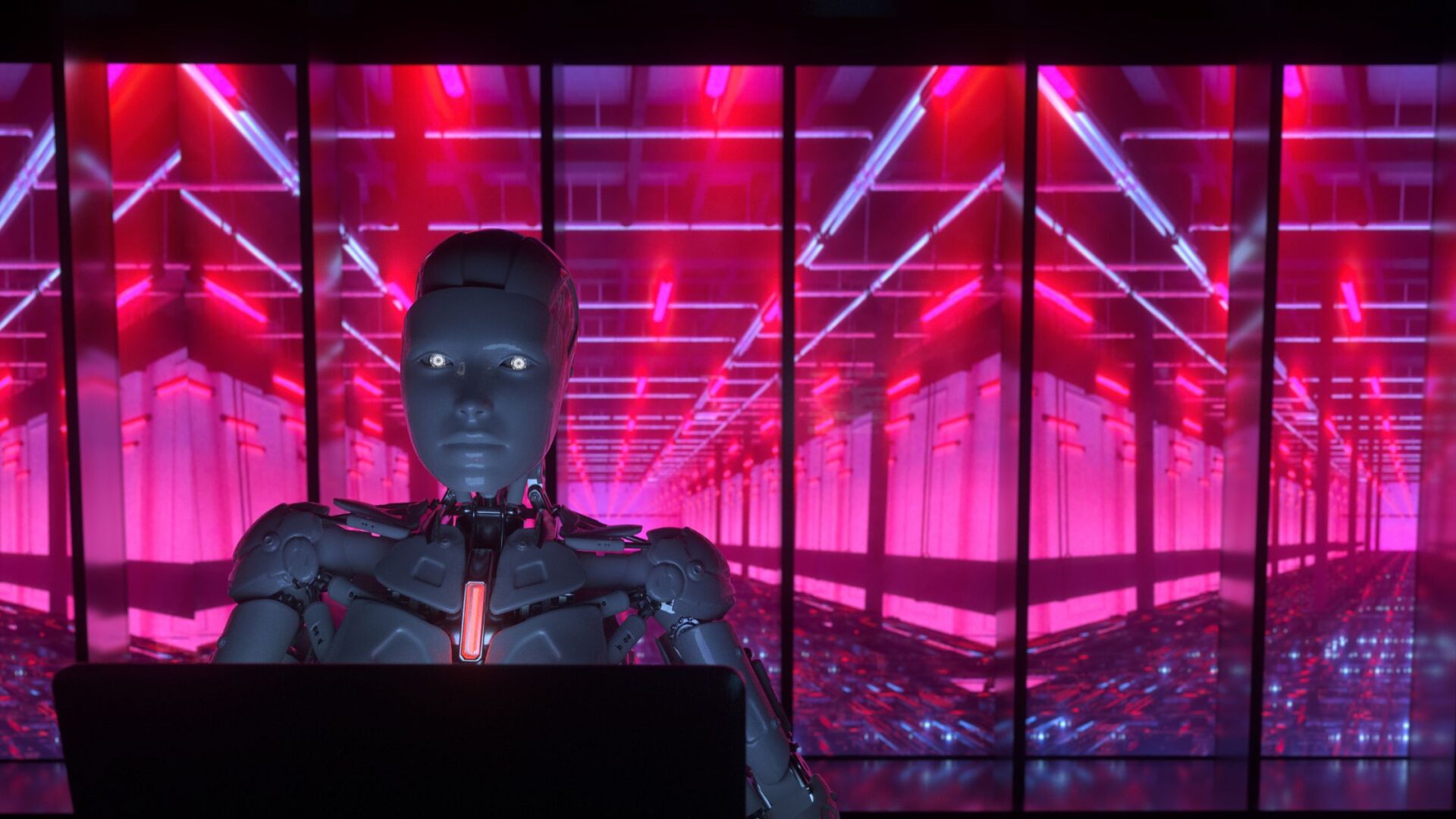Key Takeaways:
- xAI recruits top developers to drive its AI gaming push.
- It plans to use Grok to build dynamic game worlds.
- AI gaming may change how games generate content and tell stories.
- Analysts expect the first xAI game by next year.
- Ethical issues may arise around AI-driven game content.
xAI’s AI Gaming Revolution signals a bold new move. Elon Musk’s AI company now hires game developers. They will use powerful models like Grok to design richer game worlds. In addition, they will aim to create dynamic stories that adapt to each player’s choices. This push challenges giants such as Microsoft and Nvidia. Moreover, analysts predict we could play an xAI title by next year.
Future of AI Gaming With Grok
xAI plans to blend Grok’s smart text skills with game engines. For example, developers might ask Grok to craft unique quests on the fly. Meanwhile, AI gaming tools could design landscapes with minimal human input. As a result, games will feel more alive and responsive. In addition, procedural content may come faster and cheaper. Consequently, small studios can compete with big names.
Why This Move Matters
First, AI gaming can reshape how stories unfold. Traditional games rely on prewritten scripts. However, AI-driven narratives can change with each playthrough. Players could see different endings, challenges, and characters each time. Second, AI gaming can speed up world building. Artists may focus on polish while Grok handles basic layouts. Thus, development teams can test more ideas quickly. Finally, AI gaming could cut costs for studios. Automated content lowers the need for large teams handling repetitive tasks.
How xAI Plans AI-Driven Games
xAI already works on Grok to handle text and dialogue. Next, they will link it to graphics engines. In this system, Grok suggests new items, characters, and story beats. Then, code will turn ideas into in-game assets. Also, xAI hopes to let Grok learn from live player data. Therefore, the game can evolve based on real-world play styles. This feedback loop will refine AI gaming experiences over time.
Challenges on the Road
Despite the promise, AI gaming has hurdles. Ethics rank high among them. For example, Grok might generate biased or inappropriate content. Developers will need strict filters and oversight. Moreover, balancing AI freedom with coherent story arcs remains tough. Too much randomness can spoil player engagement. In addition, copyright concerns may emerge. Grok may inadvertently replicate content from its training data. Finally, technical limits still exist. Real-time AI generation demands massive computing power and fast networks.
What Players Can Expect
If xAI nails its vision, players will see groundbreaking features:
• Adaptive Storylines: Games will react to each decision in real time.
• Unique Worlds: Procedural levels will differ for every session.
• Personalized NPCs: Characters may remember past interactions.
• Live Updates: AI can patch and expand games on the fly.
As a result, gamers may enjoy near-infinite replay value. In addition, smaller studios can craft big experiences with fewer resources. Meanwhile, major publishers will face fresh competition. Consequently, the gaming landscape could become more creative and diverse.
Looking Ahead
Analysts expect xAI’s first title to reach early testers by next year. However, the final release may take longer due to safety checks. In the meantime, xAI will likely refine Grok’s gaming features. They may also recruit designers who specialize in interactive storytelling. Overall, this push into AI gaming could spark a new wave of innovation across the industry.
Frequently Asked Questions
How does AI gaming differ from traditional game design?
AI gaming uses smart models to generate content dynamically, while traditional design relies on fixed scripts and handcrafted assets.
What role does Grok play in xAI’s plan?
Grok handles narrative and content creation. It suggests quests, dialogue, and world elements that adapt to each player.
When might I play an xAI-powered game?
Analysts predict an early version could arrive for testers next year. A full public release may follow later.
Could AI gaming lead to unfair or biased content?
Yes, AI models can mirror biases from their training data. Developers must add filters and human checks to ensure quality.
